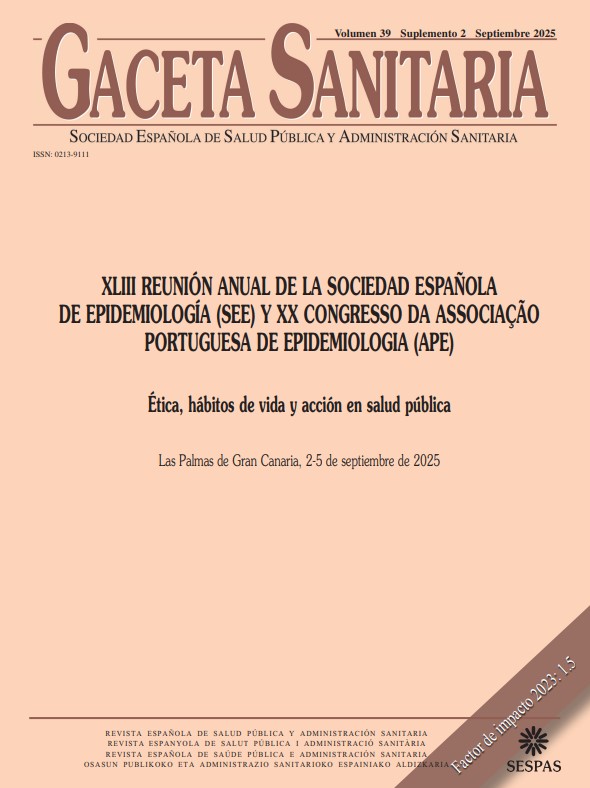595 - EMOTIONAL EXHAUSTION AMONG EUROPEANS HEALTHCARE WORKERS WITH LONG COVID AND THE MEDIATING ROLE OF EFFORT-REWARD IMBALANCE
Instituto Universitario de Oncología del Principado de Asturias (IUOPA), Universidad de Oviedo; Health Research Institute of Asturias (ISPA); Medical and Surgical Sciences, University of Bologna; Occupational Medicine Department, University of Medicine and Pharmacy "Carol Davila"; The Regional Authority of Public Health in Banská Bystrica, Department of Occupational Health; Unit for Research in Emergency and Disaster, Universidad de Oviedo.
Background/Objectives: This research aimed to investigate the relationship between long COVID status and emotional exhaustion among European healthcare workers and to explore the potential mediating role of effort-reward imbalance (ERI) in this association.
Methods: A cross-sectional survey was conducted from June to September 2023 among HCWs actively employed during the pandemic and enrolled in the ORCHESTRA cohort. HCWs with prior COVID-19 infection were eligible. Data on sociodemographic factors, job characteristics, long COVID status (per WHO guidelines), ERI, and emotional exhaustion (using the ORCHESTRA Emotional Exhaustion Questionnaire) were collected. We performed chi-square tests, t-tests, and causal mediation analyses with bootstrapping.
Results: Of 691 HCWs with previous COVID-19 infection, 24% reported long COVID. Spain contributed 117 participants, Romania 346, and Slovakia 228. Overall, 41% of HCWs had high EE, with the highest prevalence in Spain (52%). Mediation analyses showed a significant total effect of long COVID on EE (coefficient 4.06, p < 0.001). ERI partially mediated this effect (indirect effect 0.99, p < 0.001), accounting for 24% of the total effect.
Conclusions/Recommendations: Long COVID is strongly associated with elevated emotional exhaustion in HCWs. ERI emerged as a significant mediator, suggesting that organizational strategies aimed at restoring balanced effort-reward structures could mitigate the impact of long COVID on EE. Targeted individual, organizational, and policy interventions are imperative to sustain HCW well-being in the post-pandemic environment.















